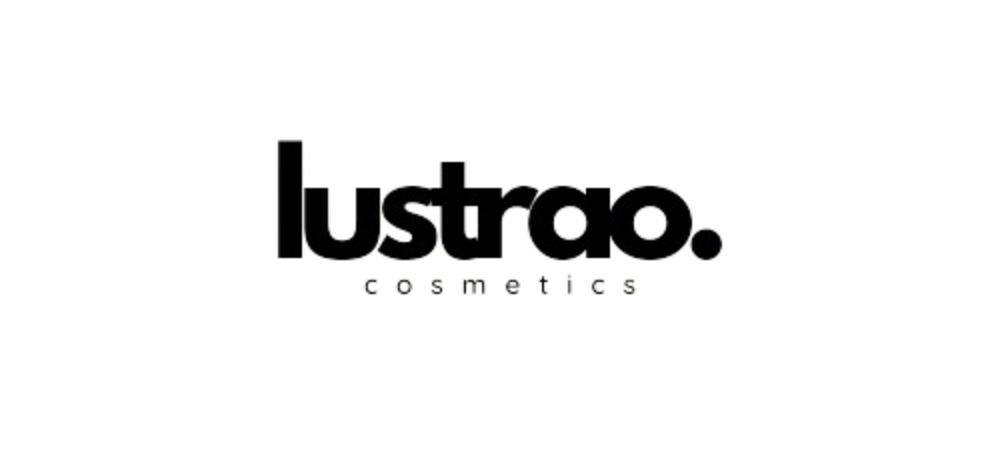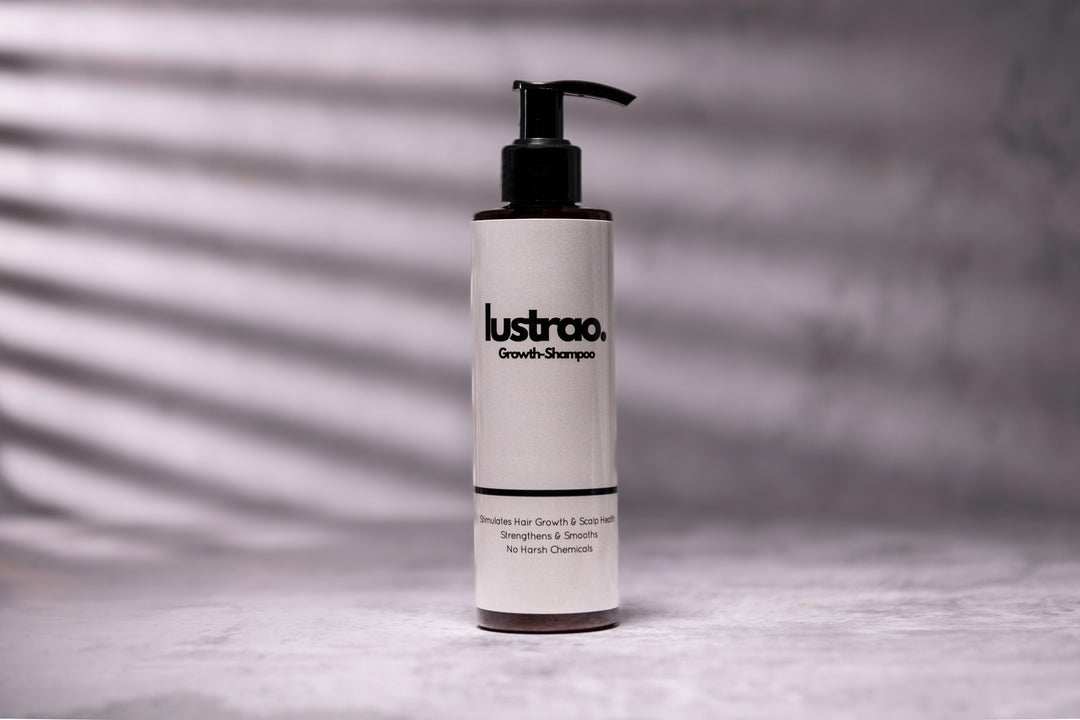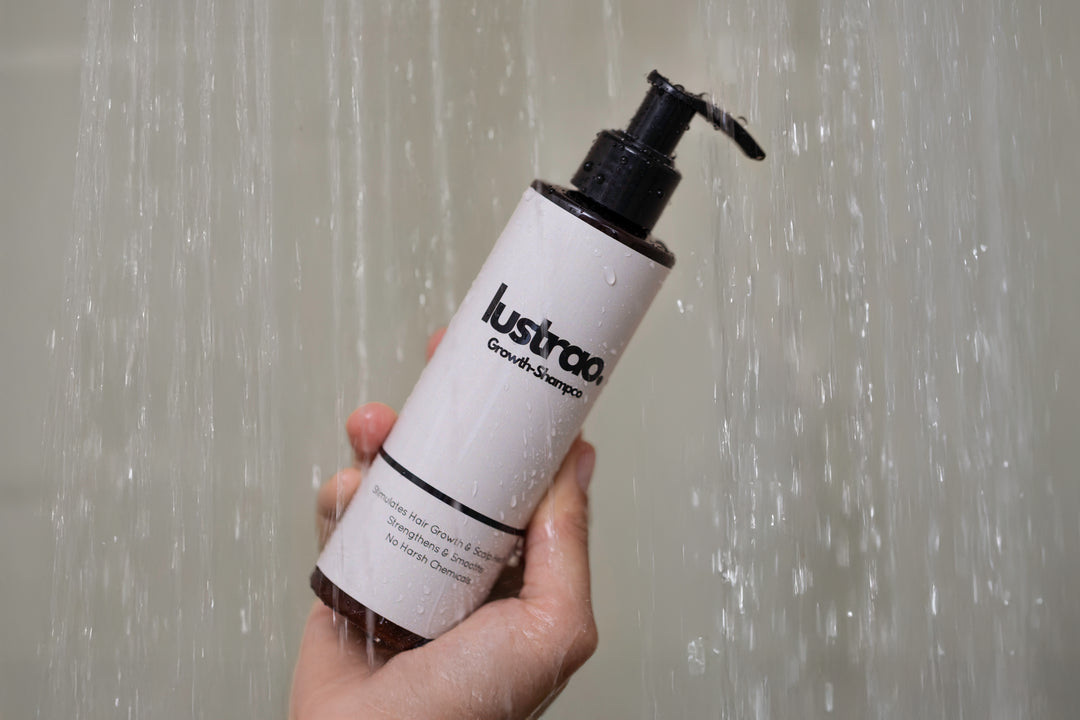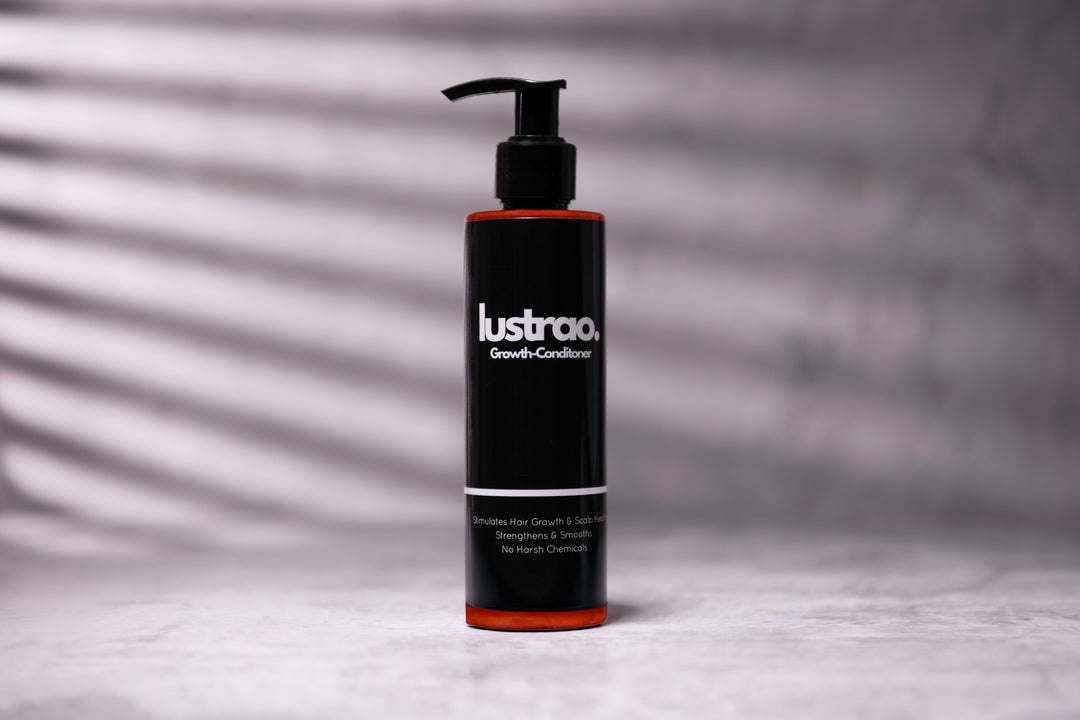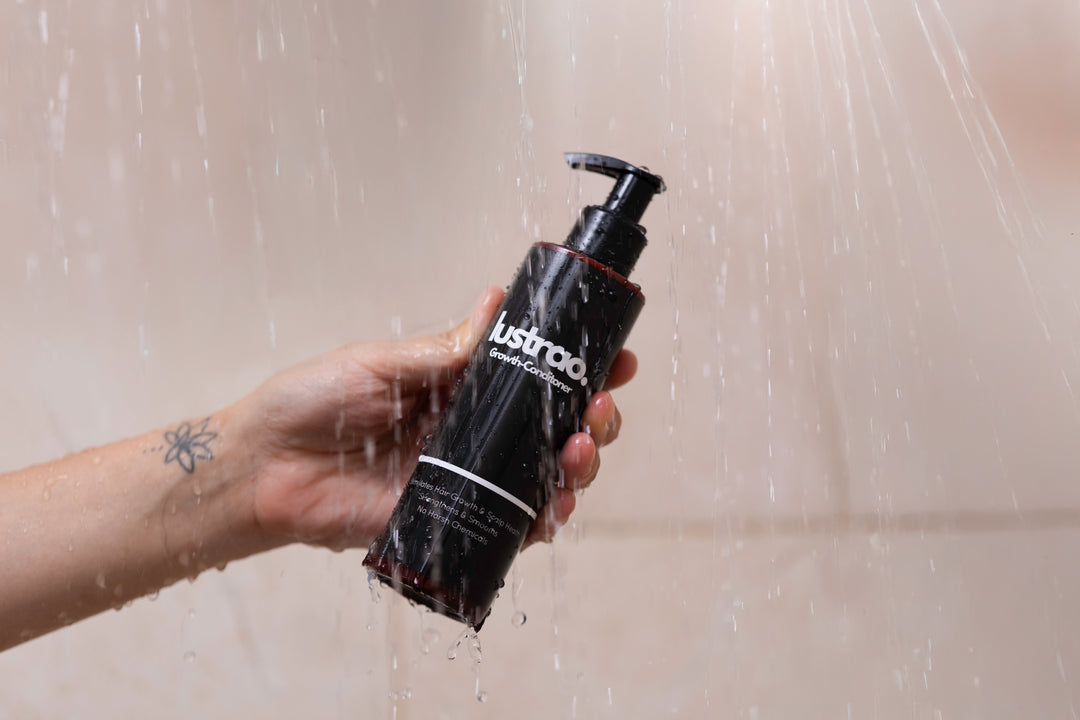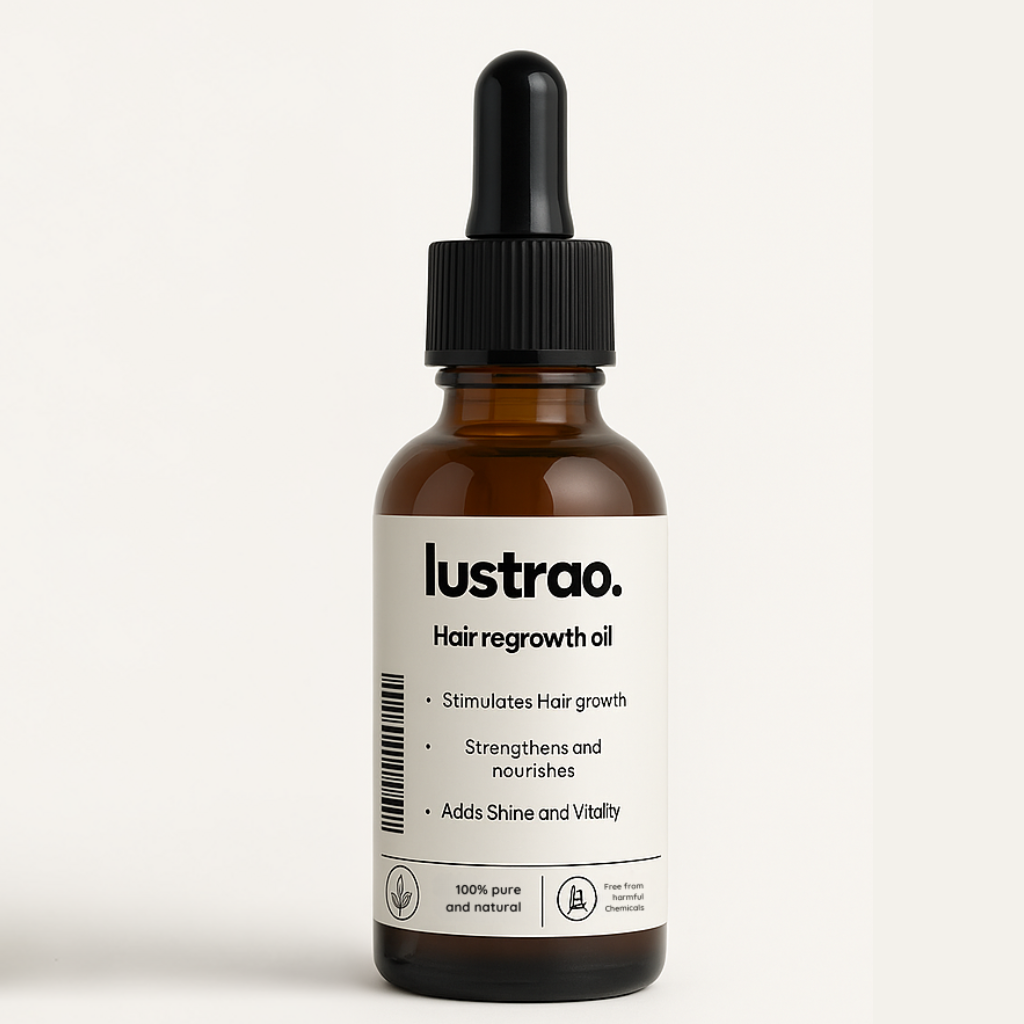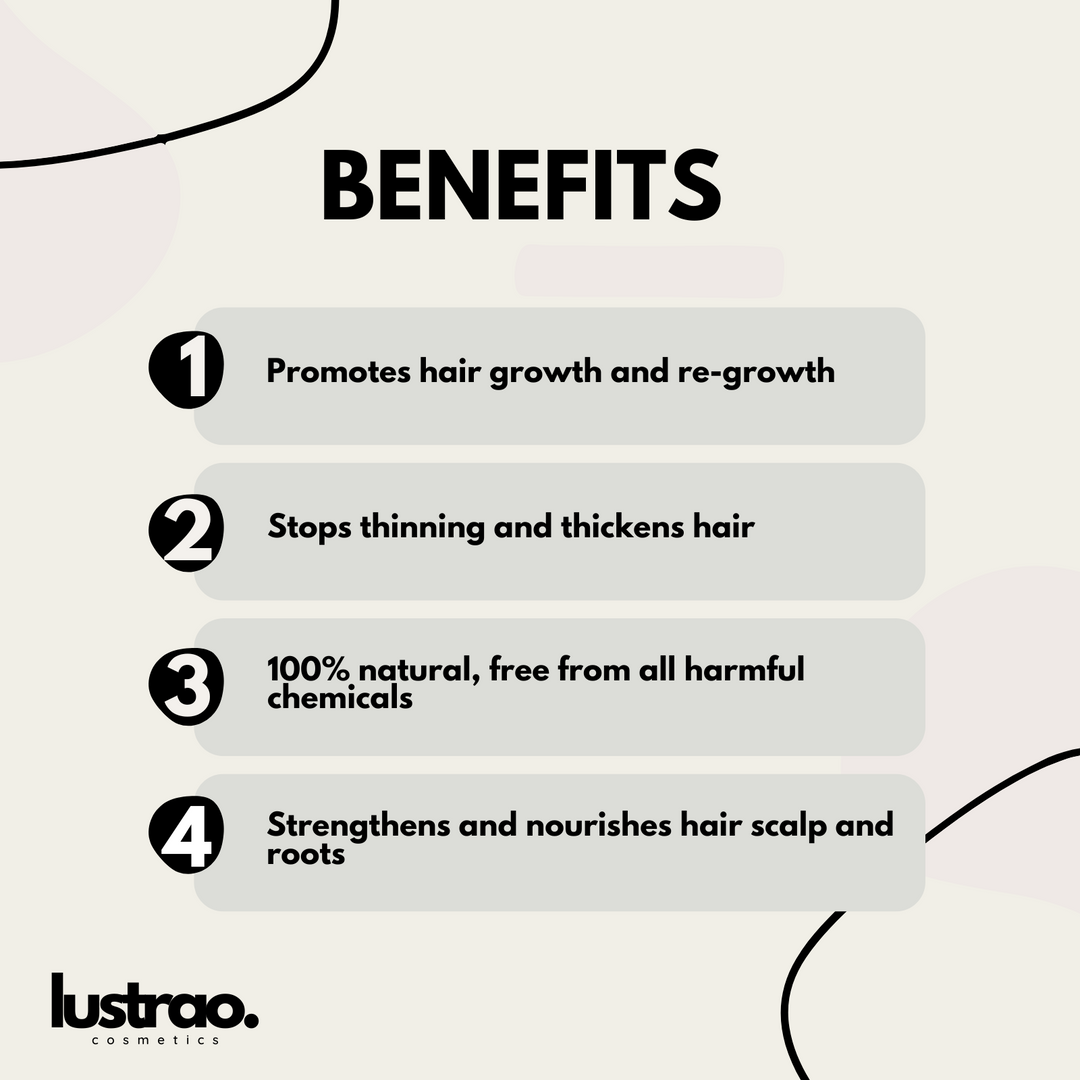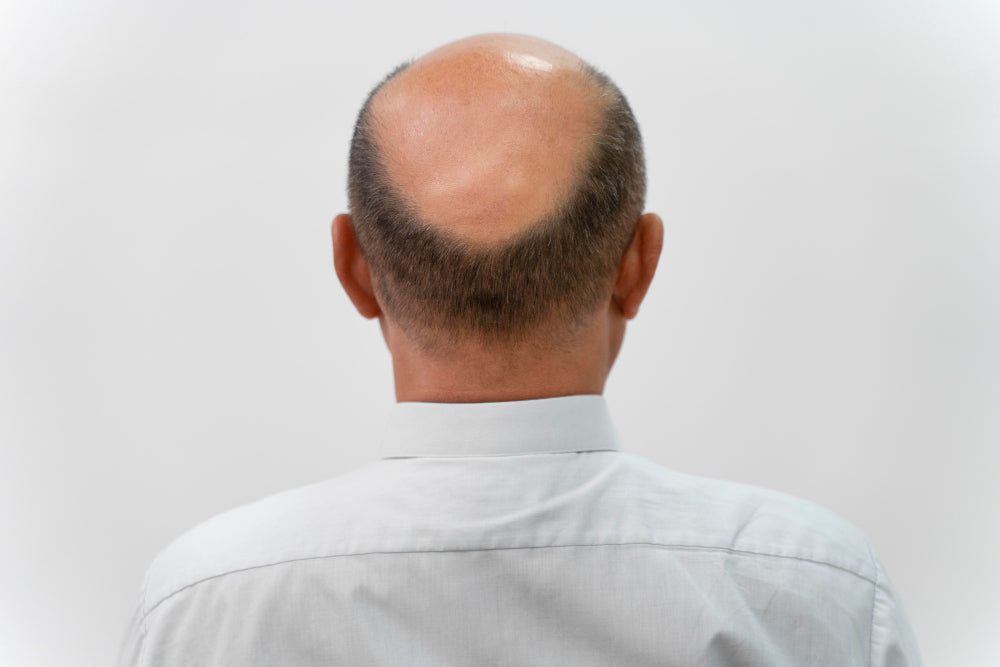
Men’s Hair Loss: Understanding the Causes and Solutions
Understanding the Causes of Men’s Hair Loss
1. Androgenetic Alopecia: The Role of Genetics and Hormones
Androgenetic alopecia, commonly known as male pattern baldness, is the most prevalent form of hair loss in men, affecting approximately 50% of men by the age of 50. The condition is primarily driven by genetic predisposition and the hormone dihydrotestosterone (DHT).What is DHT?
DHT is an androgen, a hormone that plays a key role in the development of male characteristics. It is synthesized from testosterone by the enzyme 5-alpha-reductase. While DHT is essential during puberty for the development of body hair and other male characteristics, it becomes problematic when it comes to hair follicles on the scalp.
Dr. Angela Christiano, a renowned professor of dermatology and genetics at Columbia University, explains, "DHT binds to androgen receptors in hair follicles, causing them to shrink, weaken, and eventually cease producing hair altogether. This process is known as miniaturization." The pattern of hair loss typically begins at the temples and crown, progressing to the familiar horseshoe pattern.
Genetic Susceptibility
The genetic component of androgenetic alopecia is well-documented. Research has shown that men with a family history of baldness are more likely to experience hair loss themselves. A study published in Nature Genetics identified several genetic variants associated with male pattern baldness, many of which are linked to androgen receptors. This genetic predisposition means that if your father or grandfather experienced hair loss, you are more likely to follow suit.For a deeper dive into the role of DHT and how it affects hair loss, you can refer to our detailed article on Understanding DHT: The Hormone Behind Hair Loss.
2. Hormonal Imbalances Beyond DHT
While DHT plays a significant role in male pattern baldness, other hormonal imbalances can also contribute to hair loss.Cortisol: The Stress Hormone
Chronic stress elevates cortisol levels in the body, leading to a condition known as telogen effluvium. In effluvium, high òòò levels disrupt the hair growth cycle, causing more hair follicles to enter the resting phase (telogen) and subsequently fall out. This type of hair loss is usually temporary but can become chronic if the stress is not managed.
Dr. Gary Linkov, a facial plastic surgeon specializing in hair restoration, states, "Cortisol's impact on hair follicles can lead to a diffuse thinning across the scalp, rather than the localized thinning seen in androgenetic alopecia. Managing stress through lifestyle changes and therapies can help mitigate this type of hair loss."
Thyroid Hormones
Both hypothyroidism (underactive thyroid) and hyperthyroidism (overactive thyroid) can lead to hair loss. The thyroid gland regulates metabolism, and imbalances in thyroid hormones can disrupt the hair growth cycle, leading to thinning or patchy hair loss. A study published in the Journal of Clinical Endocrinology & Metabolism found that thyroid dysfunction can lead to significant changes in hair quality and density.For more insights into how various hormones, including cortisol and thyroid hormones, affect your hair, check out our article on How Hormones Affect Your Hair: What You Can Do About It.
3. The Impact of Nutrition on Hair Health
Your diet is another critical factor in maintaining healthy hair. Hair is composed of keratin, a protein made up of amino acids, which are derived from the protein in your diet. Inadequate intake of essential nutrients can weaken the hair structure and contribute to hair loss.Key Nutrients for Hair Growth
- Biotin (Vitamin B7): Biotin is essential for keratin production, and a deficiency can lead to brittle hair and hair loss. A study in the Journal of Dermatology found that biotin supplementation improved hair growth in patients with biotin deficiency.
- Iron: Iron is crucial for red blood cell production, which delivers oxygen to hair follicles. Iron deficiency, especially common in women, can lead to telogen effluvium. A study published in the Journal of the American Academy of Dermatology found that iron deficiency is common in women with hair loss, suggesting that iron supplementation can help restore hair growth.
- Zinc: Zinc is vital for hair tissue growth and repair. It also helps keep the oil glands around the hair follicles functioning properly. A zinc deficiency can lead to hair loss, and supplementation has been shown to improve hair health.
- Omega-3 Fatty Acids: These healthy fats nourish hair, support thickening, and reduce inflammation that can lead to hair loss. A study published in the Journal of Cosmetic Dermatology found that supplementation with omega-3 and omega-6 fatty acids improved hair density and reduced hair loss.
4. Lifestyle Factors: Stress, Sleep, and Habits
Lifestyle choices can significantly impact hair health. Chronic stress, poor sleep, smoking, and excessive alcohol consumption are all factors that can exacerbate hair loss.Stress Management
Stress can lead to both telogen effluvium and exacerbate conditions like androgenetic alopecia. Effective stress management techniques include regular exercise and adequate sleep.Dr. Alan Bauman, a hair restoration surgeon emphasizes, "Managing stress is crucial for maintaining hair health. Chronic stress not only accelerates hair loss but also affects overall well-being. Incorporating stress-relieving practices into your daily routine can have a profound impact on hair health."
Sleep and Hair Health
Poor sleep quality or lack of sleep can disrupt the body's natural circadian rhythms, leading to hormonal imbalances that affect hair growth. Research published in the International Journal of Trichology found that sleep deprivation is associated with increased levels of cortisol, which can contribute to hair loss.5. Medical Conditions and Medication-Induced Hair Loss
Certain medical conditions, such as alopecia areata, thyroid disorders, and scalp infections, can lead to hair loss. Additionally, some medications, including those for high blood pressure, depression, and cancer treatment, can have hair loss as a side effect.Alopecia Areata
Alopecia areata is an autoimmune condition where the immune system attacks hair follicles, leading to patchy hair loss. It can affect men of all ages and is often triggered by stress or illness. Treatment typically involves corticosteroids or other immunosuppressive therapies.Medication-Induced Hair Loss
Medications such as beta-blockers, anticoagulants, and chemotherapy drugs can lead to hair loss. If you suspect your medication is causing hair loss, consult with your doctor to discuss alternatives or solutions.Science-Backed Solutions for Hair Loss
1. Pharmaceutical Treatments: Efficacy and Risks
While pharmaceutical treatments are widely used, they come with potential side effects that must be carefully considered.Finasteride and Dutasteride: DHT Blockers
- Finasteride is an oral medication that works by inhibiting the 5-alpha-reductase enzyme, which converts testosterone to DHT. By reducing DHT levels, finasteride can slow or even reverse hair loss in many men. However, it has been linked to side effects such as sexual dysfunction, depression, and cognitive issues. For a more detailed look at the risks, see our article on the Disadvantages of Finasteride.
- Dutasteride is similar to finasteride but is more potent. It inhibits both type I and type II 5-alpha-reductase enzymes, leading to a more significant reduction in DHT levels. However, the increased potency also comes with a higher risk of side effects. For more information, check out our article on the Disadvantages of Dutasteride.
Minoxidil: A Vasodilator
Minoxidil is a topical treatment that stimulates hair growth by widening blood vessels, which increases blood flow to the hair follicles. While effective for some, minoxidil can cause side effects such as scalp irritation, unwanted facial hair growth, and rapid heart rate. To learn more about the potential downsides, read our article on the Disadvantages of Minoxidil.2. Natural Remedies: Safe and Effective Alternatives
For those looking to avoid the risks associated with pharmaceutical treatments, natural remedies offer a safer alternative.Rosemary Oil: A Natural DHT Blocker
Rosemary oil has been shown to be as effective as minoxidil in promoting hair growth, without the side effects. A study published in the SKINmed Journal found that rosemary oil significantly increased hair count in participants with androgenetic alopecia. Rosemary oil works by blocking DHT and improving blood circulation to the scalp. Learn more about its benefits in our article on How Rosemary Oil Helps Hair Growth.Peppermint Oil: Stimulating Hair Growth
Peppermint oil is another powerful natural remedy. A study conducted on mice found that a 3% peppermint oil solution was more effective at promoting hair growth than minoxidil. The menthol in peppermint oil increases blood flow to the scalp, which nourishes hair follicles. For a comprehensive overview of its benefits, visit our article on How Peppermint Oil Promotes Hair Growth.Lustrao Hair Regrowth Oil: A Holistic Approach
Lustrao Hair Regrowth Oil combines natural DHT blockers like rosemary oil with other essential oils and nutrients to provide a holistic approach to hair loss. Unlike pharmaceutical treatments, Lustrao is free from harmful side effects and offers a natural solution for those looking to promote hair growth and prevent further hair loss. For a detailed comparison of Lustrao with chemical solutions, read our article on Lustrao vs. Chemical Solutions for Hair Loss.3. Hair Transplants and Advanced Therapies
For those with advanced hair loss, surgical and advanced therapies offer viable solutions.Hair Transplant Surgery
Hair transplantation involves harvesting hair follicles from the back of the scalp (where hair is more resistant to DHT) and transplanting them to balding areas. There are two main techniques: Follicular Unit Transplantation (FUT) and Follicular Unit Extraction (FUE). FUT involves removing a strip of scalp and dissecting it into individual follicles, while FUE involves extracting individual follicles directly from the scalp.Dr. Robert Bernstein, a pioneer in hair transplantation, explains, "Hair transplantation has evolved significantly over the past decade. The results are more natural, and the recovery time is shorter. However, it is still a surgical procedure and requires careful consideration."
Platelet-Rich Plasma (PRP) Therapy
PRP therapy involves injecting concentrated platelets from the patient's own blood into the scalp. The growth factors in the platelets stimulate hair follicles and promote hair growth. Studies published in the Journal of Cutaneous and Aesthetic Surgery have shown promising results, with patients experiencing increased hair density and thickness after several sessions.Low-Level Laser Therapy (LLLT)
LLLT uses red light lasers to stimulate hair follicles and promote hair growth. The treatment is non-invasive and has been shown to be effective in both men and women. A study published in Lasers in Surgery and Medicine found that LLLT significantly improved hair count and hair thickness in participants with androgenetic alopecia.Effective Hair Care Practices for Preventing Hair Loss
1. Scalp Care and Hygiene
Maintaining a clean and healthy scalp is essential for preventing hair loss and promoting growth. Regular washing with a gentle, sulfate-free shampoo can help remove excess oil, dirt, and buildup that can clog hair follicles.2. Avoiding Harsh Chemicals and Heat Styling
Harsh chemicals in hair dyes, relaxers, and styling products can damage hair follicles and lead to hair breakage. Similarly, excessive heat from blow dryers, flat irons, and curling irons can weaken hair shafts. Opt for natural products and allow your hair to air dry whenever possible.3. Nutritional Support and Supplementation
Ensure your diet is rich in hair-friendly nutrients like biotin, omega-3 fatty acids, and vitamins A, D, and E. If you're unable to get enough of these nutrients through diet alone, consider taking a hair growth supplement that includes these key vitamins and minerals.4. Regular Scalp Massages
Scalp massages can improve blood circulation to the hair follicles, promoting healthier hair growth. Use Lustrao Hair Regrowth Oil during your massages to enhance the benefits. Scalp massages can also help reduce stress, further supporting hair health.FAQ: Men’s Hair Loss
Q: What is the most common cause of hair loss in men?
A: The most common cause of hair loss in men is androgenetic alopecia, also known as male pattern baldness. It is primarily driven by genetic factors and the hormone DHT, which causes hair follicles to shrink and eventually stop producing hair.
Q: How can I tell if my hair loss is due to androgenetic alopecia or another cause?
A: Androgenetic alopecia typically presents as a receding hairline and thinning at the crown, forming a horseshoe pattern. If your hair loss is diffuse or patchy, it may be due to another cause, such as telogen effluvium, alopecia areata, or a medical condition. A dermatologist can help diagnose the cause of your hair loss.
Q: Can stress really cause hair loss?
A: Yes, chronic stress can lead to a type of hair loss called telogen effluvium, where more hair follicles enter the resting phase and fall out. Stress can also exacerbate conditions like androgenetic alopecia. Managing stress through lifestyle changes and therapies can help mitigate this type of hair loss.
Q: Are natural remedies like rosemary oil and peppermint oil effective for hair loss?
A: Yes, studies have shown that natural remedies like rosemary oil and peppermint oil can be effective alternatives to pharmaceutical treatments. These oils work by blocking DHT and improving blood circulation to the scalp, promoting healthier hair growth without the side effects associated with medications.
Q: What are the side effects of using finasteride and dutasteride for hair loss?
A: Both finasteride and dutasteride can cause side effects such as sexual dysfunction, depression, and hormonal imbalances. These medications work by blocking DHT, but they can also affect other androgen-related processes in the body.
Q: How does Lustrao Hair Regrowth Oil compare to chemical solutions like minoxidil?
A: Lustrao Hair Regrowth Oil is a natural alternative that combines essential oils and DHT blockers to promote hair growth without the side effects associated with chemical solutions like minoxidil. Minoxidil can cause scalp irritation and other side effects, while Lustrao offers a safer, holistic approach to hair care.
Q: Is hair transplant surgery a good option for me?
A: Hair transplant surgery can be an effective solution for advanced hair loss, particularly in men with androgenetic alopecia. The procedure involves transplanting hair follicles from a donor area (usually the back of the scalp) to balding areas. However, it's important to consult with a qualified surgeon to determine if you're a good candidate and to discuss the risks and benefits.
Q: Can poor diet really cause hair loss?
A: Yes, a poor diet lacking in essential nutrients can lead to hair thinning and loss. Nutrients like biotin, iron, zinc, and omega-3 fatty acids are crucial for maintaining healthy hair. If your diet is lacking in these nutrients, you may experience weakened hair and increased shedding.
Conclusion: Taking a Proactive Approach to Hair Loss
Men’s hair loss is a complex condition influenced by a variety of factors, including genetics, hormones, lifestyle, and nutrition. While pharmaceutical treatments like finasteride and minoxidil offer solutions, they come with potential side effects that should not be ignored. Natural remedies, such as those found in Lustrao Hair Regrowth Oil, provide a safer and effective alternative for those looking to promote hair growth without the risks associated with chemical treatments.
By understanding the underlying causes of hair loss and taking a proactive approach—whether through pharmaceutical interventions, natural remedies, or lifestyle changes—you can effectively manage hair loss and maintain a healthy head of hair. With the right knowledge and tools, you can take control of your hair loss and make informed decisions that align with your health and well-being.
Share
